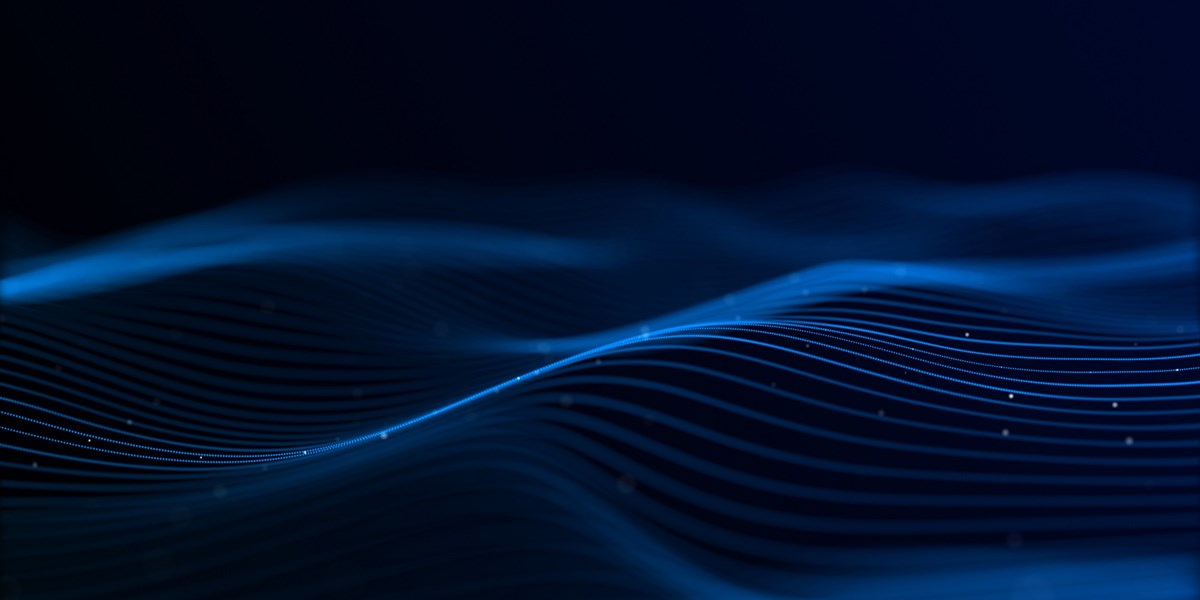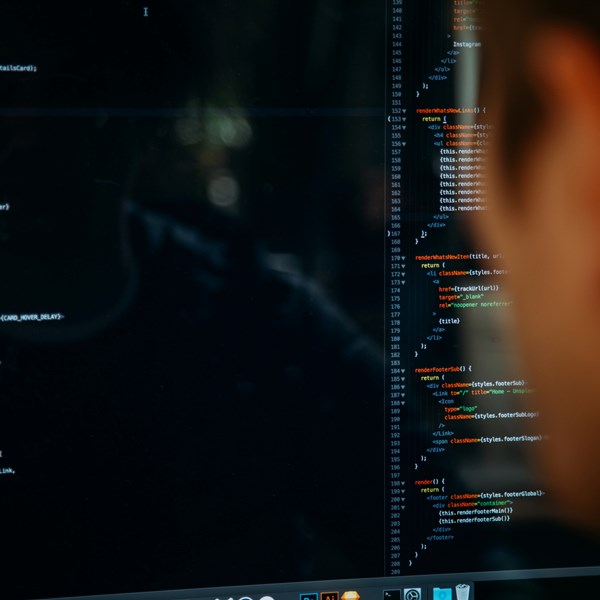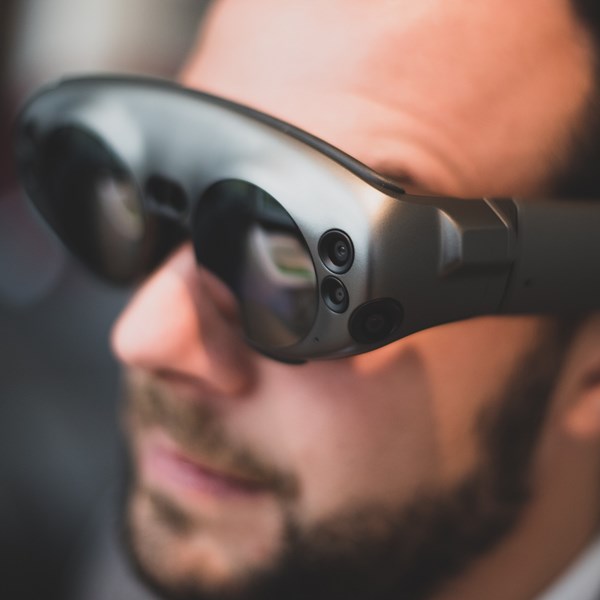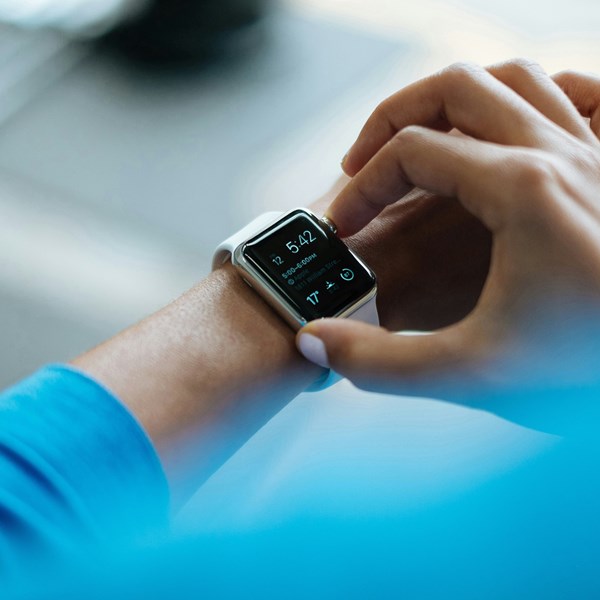Sometimes copyright can offer a more effective way to protect software than patents. Copyright and patents are different forms of intellectual property and help protect creations in different ways.
Copyright subsists automatically and protects, amongst other things, literary works, which includes the source code of a computer program, provided it is original. Copyright will give the author the right to stop others from reproducing the source code without their permission.
However, source code is often not publicly released. Therefore, the ability for someone to copy it is minimal. Also, copyright subsists in the original parts of the source code. This means that for copyright infringement to be established, someone must copy a substantial part of the work.
While copyright protects how the software is expressed in its source code, a patent will protect the technical function of the software. As the technical function of the software is protected by a patent, how that function is achieved and expressed in the source code is no longer key.
A patent is concerned with how the technical problem has been overcome rather than how the computer program was written. Therefore, even with the need to update software and add subsidiary features, the patent can continue to protect the underlying functionality. This means a patent can therefore potentially provide years of protection over many revisions of the underlying software.
Working with an experienced patent attorney to establish exactly what your software achieves and how it will be released will help you make a final decision on whether a patent or copyright is the best way to protect your software-based innovation.
If you’d like to have that discussion with our specialist electronics and communications team, please contact us today.














